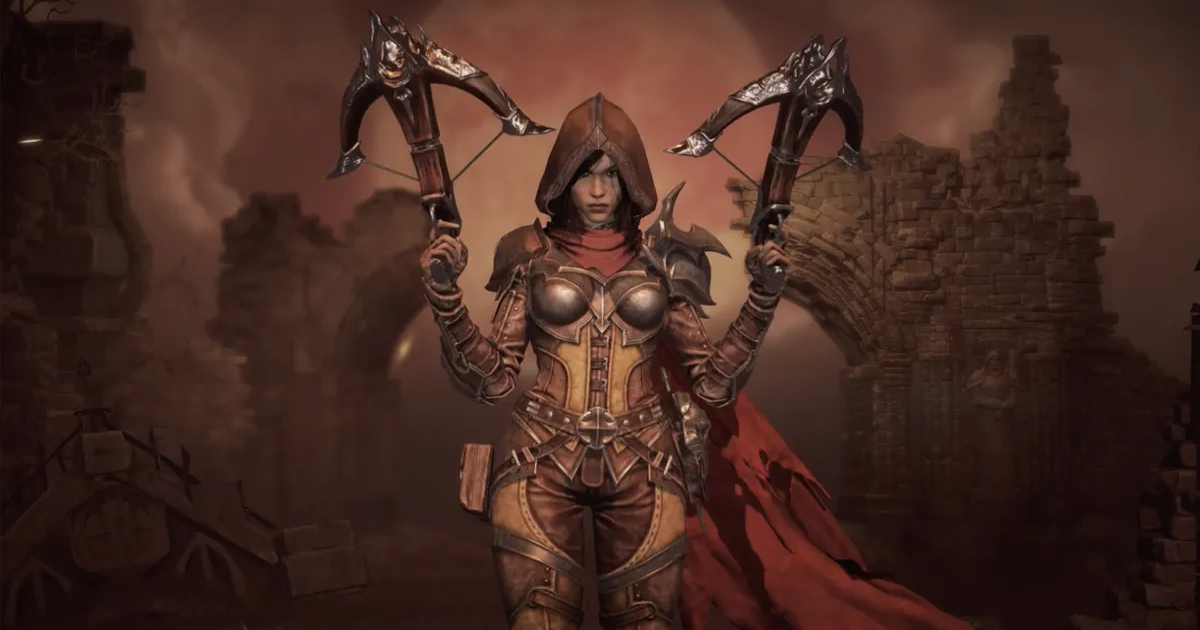Riot producer Juno Blees on predatory P2W mechanics: “Revenue KPIs often speak the loudest to game developers”
Juno Blees, senior game producer at Riot, has opened up about mobile game monetization. While not calling out particular titles, she explained the problem with P2W mechanics and developers thinking about revenue KPIs rather than trying to protect players.
Diablo Immortal
Blees shared her thoughts on Twitter, saying that the “boundaries of pay-to-win (P2W) are being pushed into new and worrying territory.”
Here are some spicy thoughts on the alarming recent trends I am seeing regarding mobile game monetization. The boundaries of Pay To Win (P2W) are being pushed into new and worrying territory. (1/7)
— Juno Blees (@RiotJunosaur) June 20, 2022
According to the producer, who previously worked on League of Legends: Wild Rift, mobile developers try to mask these “predatory mechanics” with a gameplay layer. This results in players not realizing the actual costs of in-game items.
“When people are rolling dices they know it’s gambling, but when they’re paying for a better chance at loot within a gameplay moment, it’s so much harder to conceptualize the P2W mechanics,” Blees noted.
She also said that revenue KPIs often “speak the loudest to game developers and investors.” As a result, these exploitative tactics are becoming industry standard, leading to more games utilizing P2W mechanics.
There are not really industry-wide incentives to make more ethical choices to protect players, especially in the mobile space, and I see very few studios doing so. (6/7)
— Juno Blees (@RiotJunosaur) June 20, 2022
“When the more renowned developers are setting this worrisome standard for the rest of the industry, I fear for the industry as a whole, both as a developer and as a gamer,” Blees concluded.
A lot of users and game developers agreed with these thoughts. Mark Yetter, game director for Riot Games’ upcoming MMO, was one of them.
“There are ways to squeeze out more profit today but ultimately they hurt the players and game in the long term,” he wrote on Twitter. “Ideally for a F2P game you want purchases to be win/win where devs make money and the players feel good about it.”
Juno Blees’ thread came in the wake of the ongoing controversy surrounding the Diablo Immortal launch. Blizzard’s latest title has been criticized for abusing pay-to-win mechanics, with players dropping its score on Metacritic to near-zero values. The game was also banned from release in Belgium and the Netherlands due to the countries’ gambling regulations.
